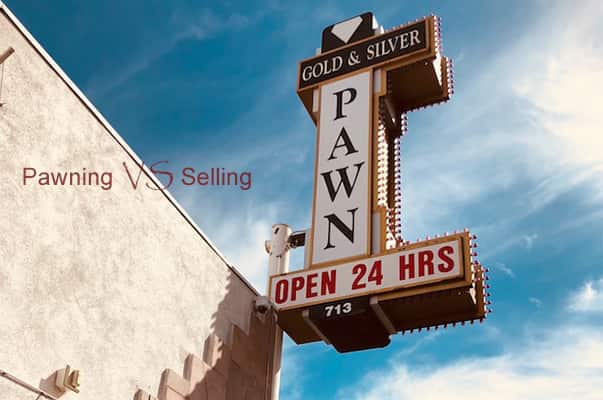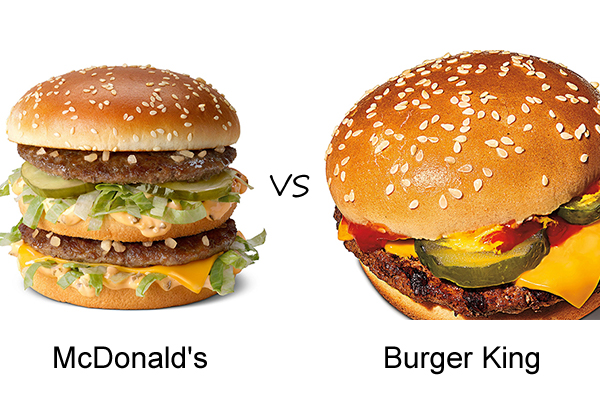Understanding the difference between “sale” and “sell” is crucial, especially when these terms are often used interchangeably but have distinct meanings and functions in sentences. Let’s break down their definitions, uses, and how you can easily remember the difference.
Definitions of Sale and Sell
- Sell:
- Verb: “Sell” refers to the act of transferring ownership of a product or service in exchange for money.
- Example: “I plan to sell my old car.”
- Noun: Though less common, “sell” can also function as a noun, often in phrases like “a tough sell,” meaning something difficult to persuade someone to buy.
- Example: “The new policy was a hard sell to the employees.”
- Verb: “Sell” refers to the act of transferring ownership of a product or service in exchange for money.
- Sale:
- Noun: “Sale” refers to the act or process of selling, a period during which goods are sold at reduced prices, or the event of a transaction.
- Example: “The summer sale at the mall starts tomorrow.”
- Noun: “Sale” refers to the act or process of selling, a period during which goods are sold at reduced prices, or the event of a transaction.
Key Differences Between Sale and Sell
- Part of Speech:
- “Sell” is primarily a verb but can be a noun in specific contexts.
- “Sale” is always a noun.
- Usage:
- Sell: Used to indicate the action of selling.
- Example: “They sell fresh produce at the market.”
- Sale: Used to describe the event or condition of goods being sold.
- Example: “There’s a sale on electronics this weekend.”
- Sell: Used to indicate the action of selling.
- Context:
- Sell involves the act of persuading someone to buy or the action of transferring goods.
- Example: “She sells handmade jewelry online.”
- Sale typically refers to the transaction or event where goods are sold.
- Example: “I got a great deal during the holiday sale.”
- Sell involves the act of persuading someone to buy or the action of transferring goods.
Examples to Clarify
- Sell (Verb):
- “He sells cars for a living.”
- “They are selling their house.”
- Sale (Noun):
- “The book is on sale for half its original price.”
- “The garage sale is next Saturday.”
Common Mistakes and Mnemonics
- For Sale vs. For Sell:
- Correct: “The house is for sale.”
- Incorrect: “The house is for sell.”
- On Sale vs. On Sell:
- Correct: “These shoes are on sale.”
- Incorrect: “These shoes are on sell.”
To remember the difference:
- Sale has an “a” like in “auction,” which is a noun.
- Sell has an “e” like in “exchange,” which involves an action.
Additional Tips About Sale and Sell
- Sell is used in various tenses (sell, sold, selling).
- Example: “I sold my old phone last week.”
- Sale remains a noun regardless of tense.
- Example: “There was a massive sale last weekend.”
Finishing Touch
Understanding when to use “sell” versus “sale” can greatly improve clarity in both written and spoken English. Remember, “sell” is an action (verb), and “sale” is an event or transaction (noun). Keeping these distinctions clear will help you use these terms correctly and effectively in all contexts.
Now that you have a solid grasp of the differences, you can confidently use “sell” and “sale” without confusion!





